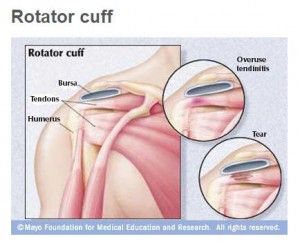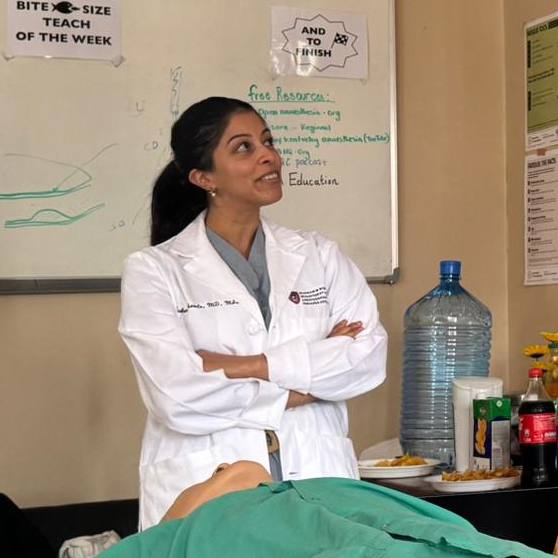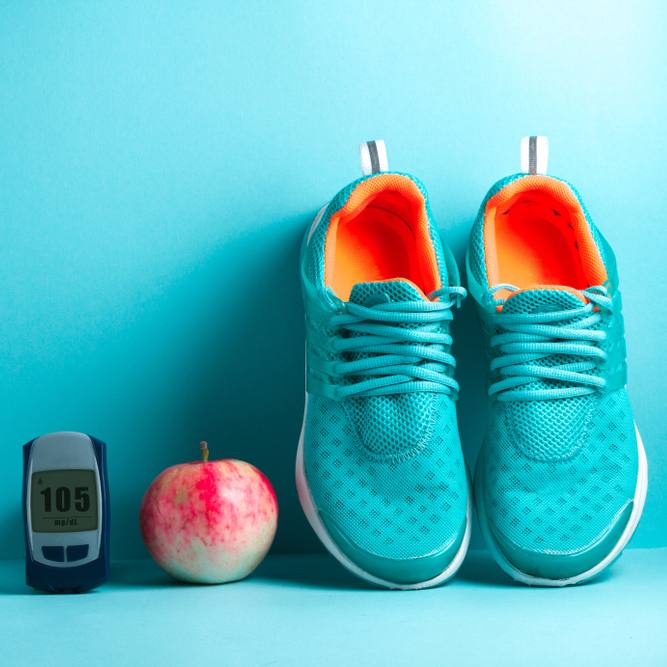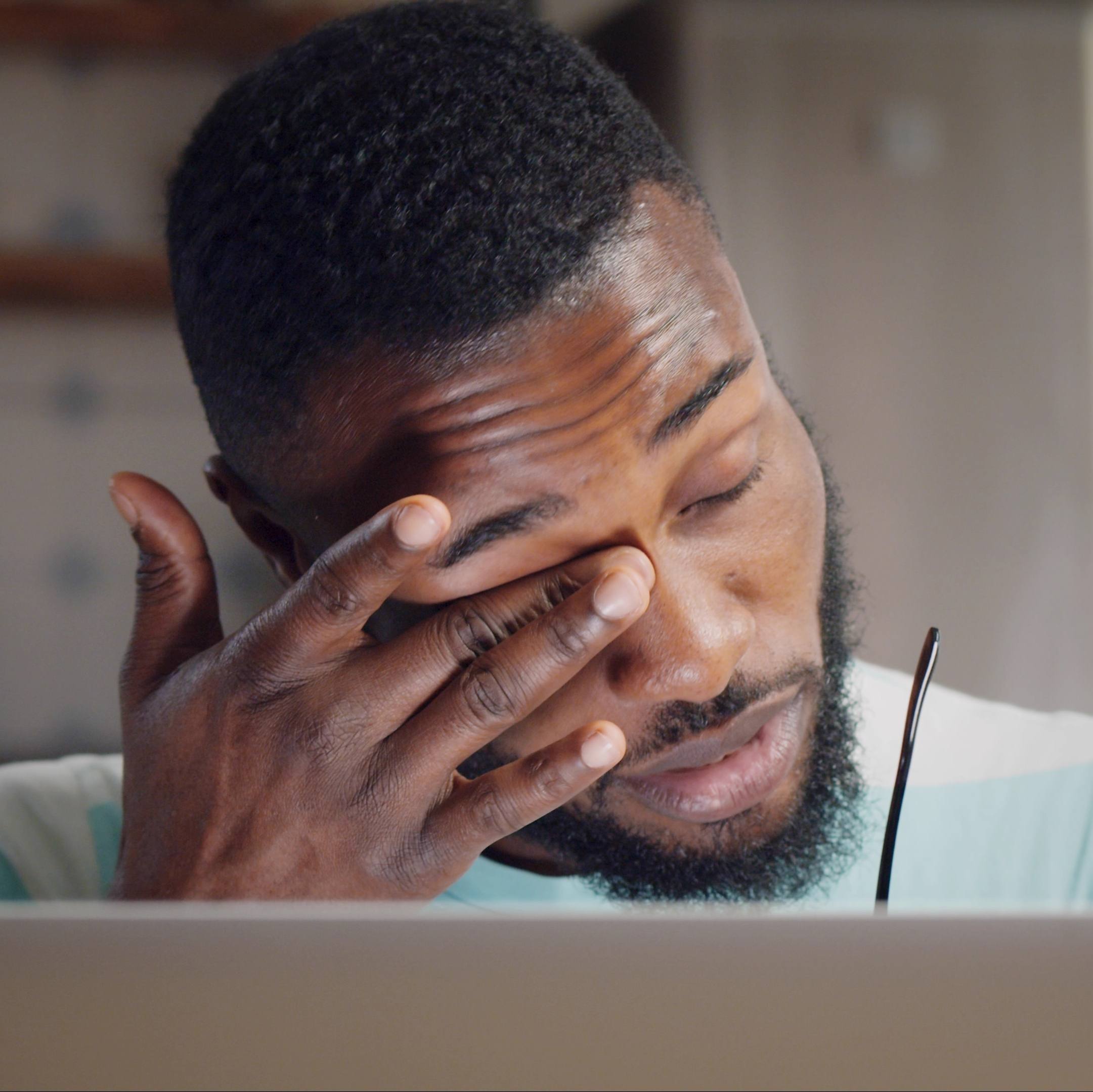-
Weekend Wellness: Rotator cuff injury involving torn tendon may require surgery
 DEAR MAYO CLINIC: I have a rotator cuff tear that isn’t getting better despite physical therapy. My shoulder is painful and weak, and I have trouble raising my arm. At what point should I consider surgery? How likely is the surgery to completely relieve the pain and fix the problem?
DEAR MAYO CLINIC: I have a rotator cuff tear that isn’t getting better despite physical therapy. My shoulder is painful and weak, and I have trouble raising my arm. At what point should I consider surgery? How likely is the surgery to completely relieve the pain and fix the problem?
ANSWER: For some mild to moderate rotator cuff injuries, treatment with physical therapy and medication usually relieves pain and restores shoulder function. But if the injury is more serious and you have a complete tear of one of your rotator cuff tendons, then surgery may be necessary to repair the damage and relieve the pain.
Your rotator cuff is a group of muscles and tendons that surround your shoulder joint. They hold the joint in place, provide stability and strength to your shoulder, and help you raise your arm.
Injuries to the rotator cuff are common, especially as people get older. These injuries may be the result of one incident, such as a fall on your shoulder or an attempt to lift or pull an object that is too heavy. Or the rotator cuff may become damaged over time due to stress caused by repetitive movements or as a result of aging.
If a tendon in the rotator cuff becomes inflamed or is partially torn, then the first line of treatment usually involves conservative measures, such as rest, ice and physical therapy. Physical therapy exercises often can help restore flexibility and strengthen the shoulder.
If symptoms persist, then anti-inflammatory medications or an injection of a corticosteroid medication into the shoulder joint may be recommended to reduce inflammation and pain. For minor rotator cuff injuries or partial tears, these therapies typically are all it takes to relieve the symptoms.
However more severe injuries, especially complete tears that involve a rotator cuff tendon becoming detached from the bone, will not heal without surgery. Surgery for a complete tear usually involves repairing the injured tendon.
The surgery tends to be more successful when it is done soon after the rotator cuff injury happens. Complete tendon tears that occur gradually and are present for a long time before surgery takes place may be more challenging to successfully repair. That’s because when the tendon is no longer attached to bone, the muscle begins to weaken and eventually turns to fat. Once that happens, restoring strength and stability to the area is very difficult.
When the surgery is done promptly, it often can significantly reduce or eliminate the pain of a rotator cuff tear. Surgery alone may not be able to make your shoulder stronger, though, or increase its range of motion. But additional physical therapy after surgery may help strengthen the muscles around the shoulder, improving your shoulder function.
To find out if you may benefit from surgery, talk to your doctor about having an MRI or ultrasound image taken of your shoulder, if you have not done so already. These advanced imaging studies can reveal the extent of the rotator cuff tear.
If you have a partial tear, then corticosteroids or other medications to help reduce inflammation may be useful in addition to your physical therapy. If you have a complete tendon tear, then it is quite likely that surgery will be your best choice. — John W. Sperling, M.D., Orthopedics, Mayo Clinic, Rochester, Minn.







